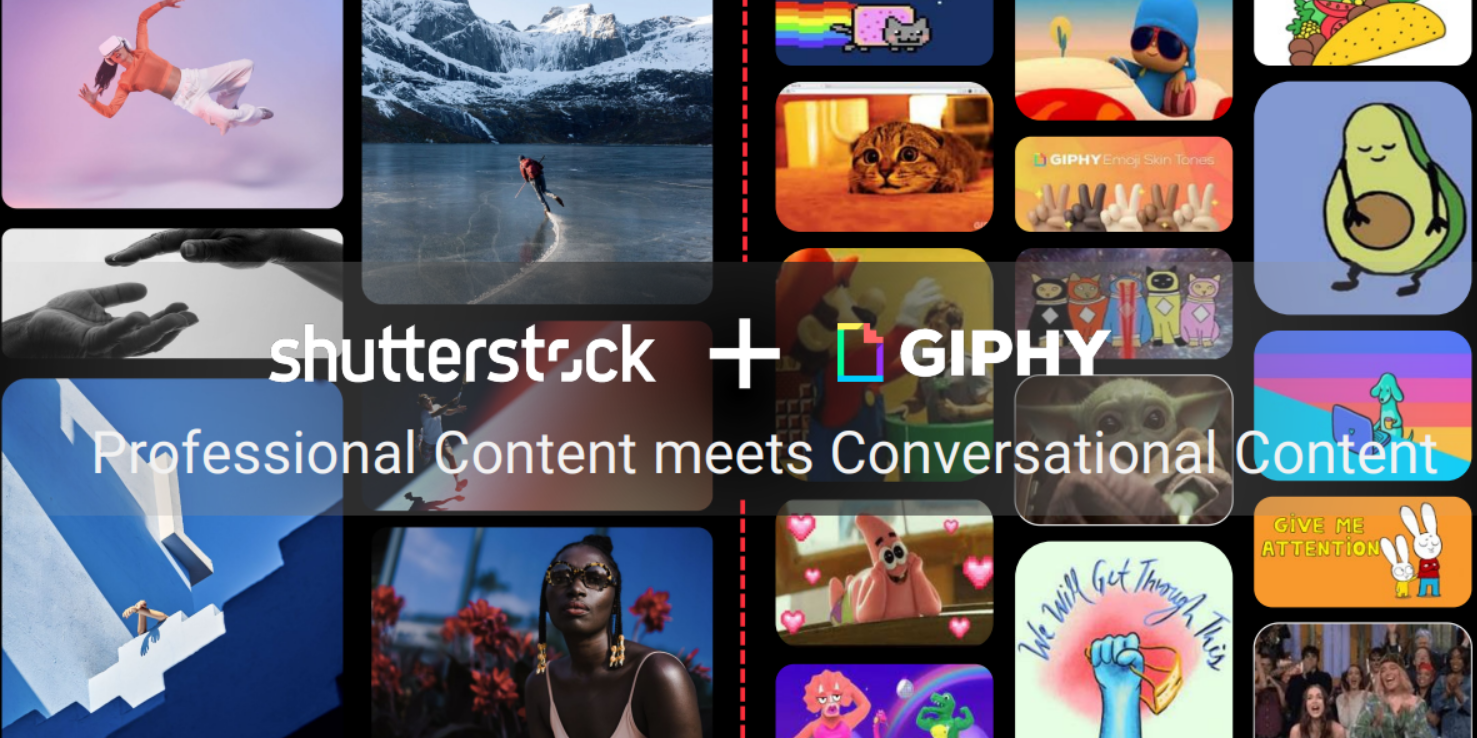The tumultuous journey of Meta’s Giphy acquisition has finally reached its destination, culminating in Giphy’s sale to Shutterstock for $53 million.
A stark contrast to the whopping $400 million Meta shelled out for Giphy in 2020, the significantly discounted sale price reflects the changing trends in content consumption. Interestingly, Giphy’s own contention suggests that GIFs are becoming passé, largely considered ‘boomer content’ and ‘cringe-worthy’ by the younger demographic.
Circling back to 2020, Meta’s acquisition of Giphy aimed at integrating it’s vast GIF repository into Meta’s various digital tools. However, this move faced considerable pushback from the UK’s Competition and Markets Authority (CMA), triggering concerns over Meta’s potential upper hand in the digital ads market.
Meta’s tussle with CMA over Giphy continued, resulting in CMA mandating Meta to divest Giphy in late 2022. This ruling followed Giphy’s plea, arguing its valuation wasn’t even close to the $400 million Meta was willing to pay, and that no other corporation apart from Meta would contemplate its acquisition.
Giphy has 1.7B Daily active users: https://t.co/7RxUXSp12W pic.twitter.com/fLrs0JHRjI
— The Transcript (@TheTranscript_) May 23, 2023CMA was particularly concerned that Meta might utilize Giphy’s expansive reach to consolidate its grip over the ad space, leading to a ruling that translates into a $347 million loss for Meta.
The financial setback, while significant, represents only a fraction of Meta’s larger economic challenges. Yet, it leaves a bitter taste for Meta’s leadership, who initially had grand visions for broadening GIF integration and usage.
Meanwhile, the focus has shifted towards the metaverse and generative AI, with ongoing staff cuts and priority adjustments, leaving GIFs to fade into the backdrop. The initial assumption that GIFs would aid Meta in dominating the ads market now seems questionable.
Also read: Revamp Your Twitter Experience: Desktop List Search Now Live!
Practically, this sale may have little to no impact on users. Giphy will maintain its third-party app integrations, and as noted, GIFs aren’t the driving force they were when Meta first acquired the platform.
Shutterstock might initiate charges for GIF usage or restrict GIF re-publishing akin to its standard images, potentially monetizing them. But it’s likely that the primary advantage for Shutterstock will be adding a branded watermark to all Giphy GIFs, enhancing its visibility online.
Thus, the curtains close on the Meta-Giphy episode, a saga that has gradually lost its relevance.
This news is based on information available on social media today.

















